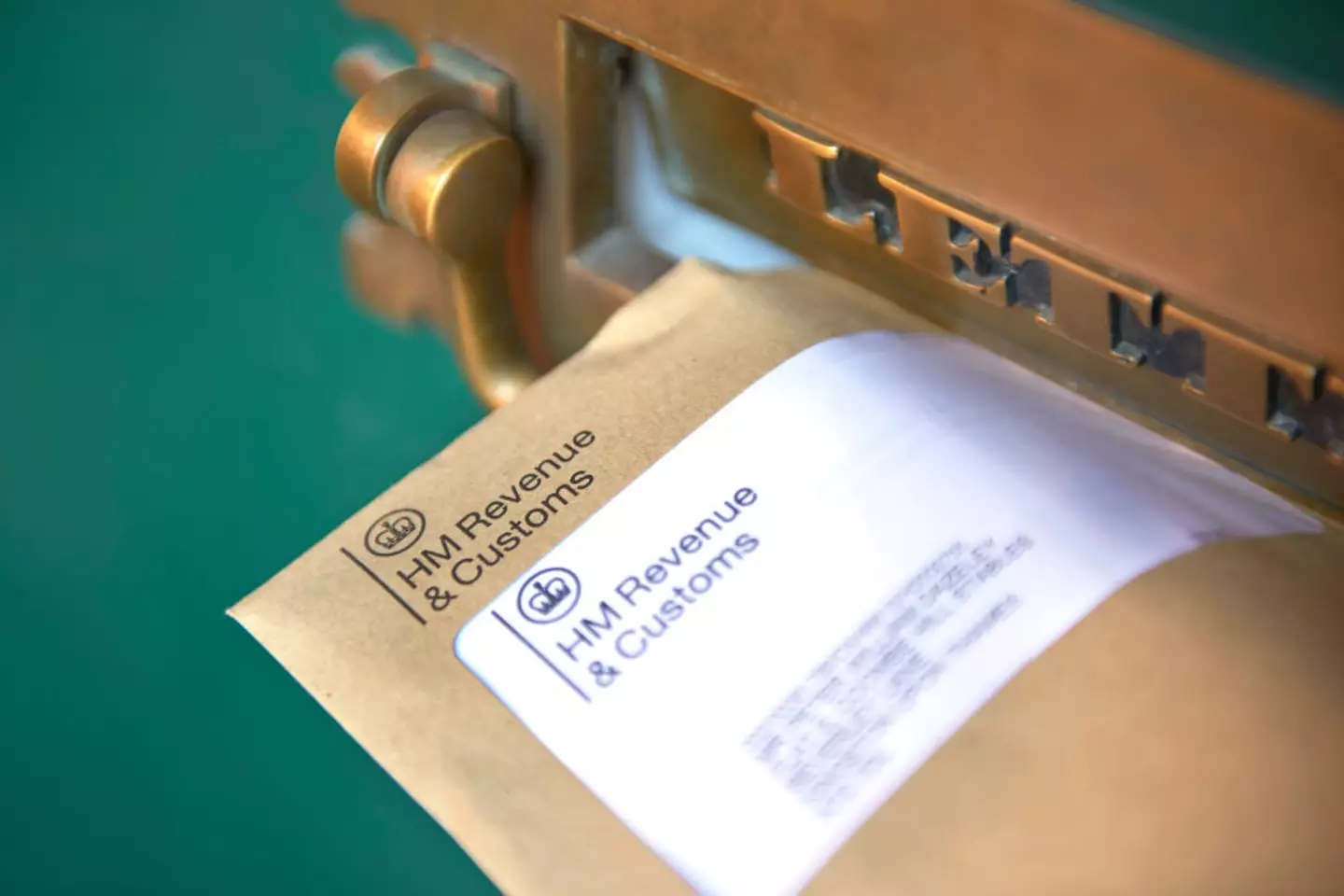Normally, if you receive a letter from HMRC, it won’t be pleasant – there are few people who would like the taxman to contact you about anything.
However, when the topic of the day is a tax refund, the story is entirely different.
According to the Daily Express, financial specialists RIFT have calculated that around 7.6 million Britons could receive letters telling them the good news that a refund is on the way as a result of “errors” in the system.
To be one of those lucky souls, you’ll probably need to be on PAYE (pay as you earn), where your employer sorts out your taxes before giving you your wages.
Sorry, self-employed people, but most of the people who might receive one of these letters saying they’ve paid too much tax and are awaiting a refund are PAYE people.

Not every letter you receive from HMRC will be unwelcome. (Peter Dazeley/Getty Images)
Every year between June and the end of November, the government sends out millions of P800 letters that will either tell you the good news that you may receive a refund or the bad news that you owe more money than you thought.
RIFT managing director Bradley Post told the MEN: “HMRC’s PAYE system is an extraordinary tax collection machine, but it is not perfect and millions of mistakes are made every year.
“However, HMRC’s internal system of checks and balances means it often spots these errors with hindsight and does everything it can to ensure people receive the refund or top up what they owe.”
There are several reasons why you might have paid more taxes than expected.
One of the most common reasons is that you have been included in the wrong tax code because HMRC had incorrect information about how much money you earned.
Then, of course, there is the situation that arises if you changed jobs mid-month and both companies paid you that portion.
Meanwhile, if you started receiving a pension at work or received Employment and Support Allowance (ESA), that could also affect you.

They wouldn’t actually send you cash, they would do it online or you would receive a check. (Getty Images)
If you receive your P800, we’ll let you know how to get your refund, letting you know if a check will be automatically sent to you or if you’ll need to fill out some forms online.
Of course, you don’t have to wait for a letter to arrive at your door if you think you’ve paid more taxes than you owed.
Brits can always contact HMRC to try and sort things out on that front, though be prepared to be told that they are not actually entitled to any refund at all.
Sadly, this particular topic is a particular favourite with fraudsters, with HMRC warning that thousands of fraudulent letters are sent out every year telling Brits they are owed money.
If you’re unsure whether the letter you’ve been sent is a scam or not, it’s always worth contacting HMRC to ask if you’re owed a tax refund.



